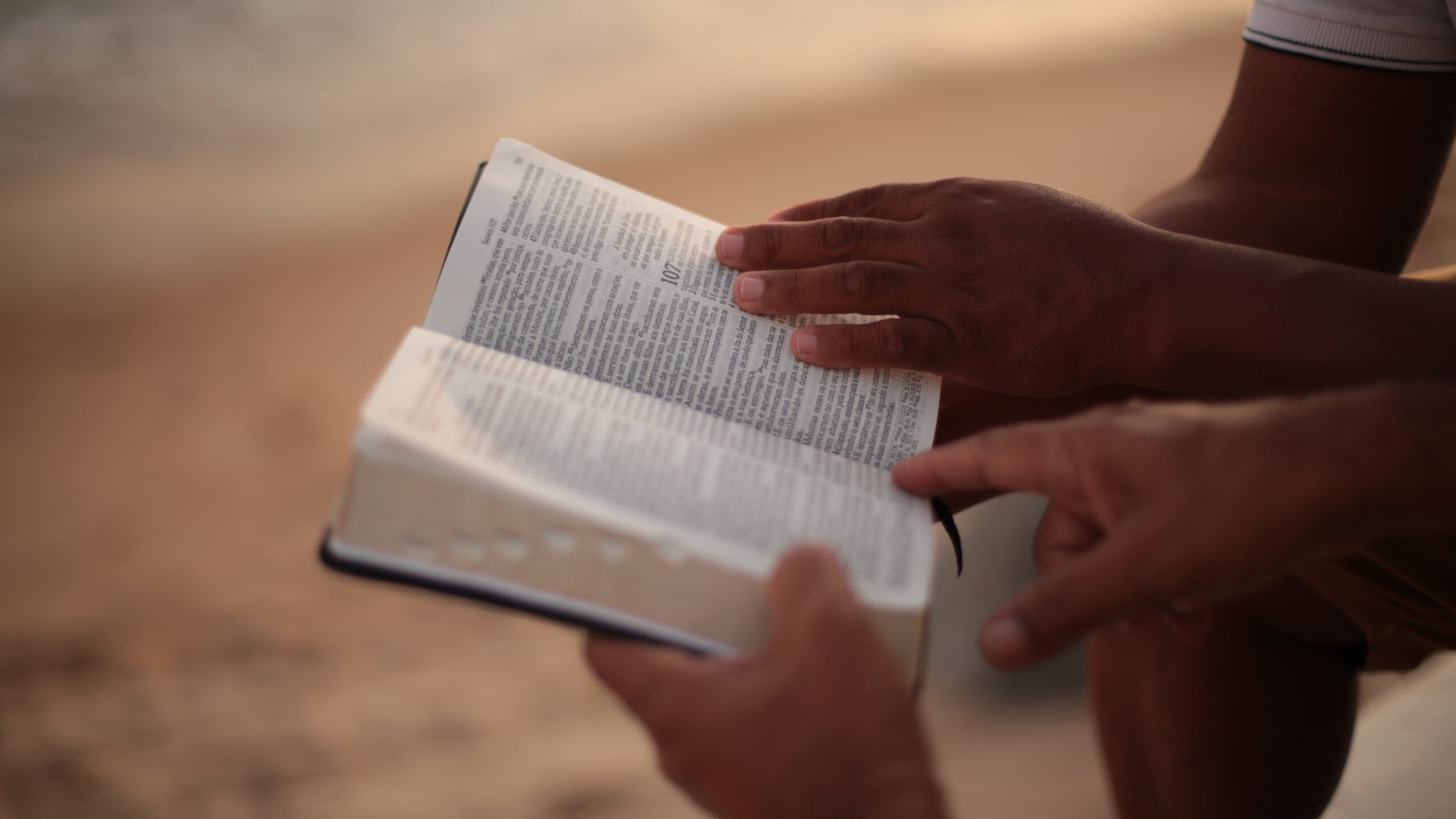1 Kings 18:17-40
Man’s Rebellion Brings God’s Judgment
When God created man, He gave man a choice. He did this by placing a tree in the middle of a garden. God warned Adam and Eve not to eat from this tree, for on the day they did, they would die. You know what happened. They chose to disobey God. And they died.
When God chose the nation of Israel to be His special people, He gave them a choice. He did this through Moses. Before they entered the Promised Land, Moses stood before them and declared the Word of the Lord. In Deuteronomy 30:15-18 Moses says, “See, I set before you today, life and prosperity, death and destruction. For I command you today to love the Lord your God, to walk in his ways, and to keep his commands, decrees and laws; then you will live and increase, and the Lord your God will bless you in the land you are entering to possess. But if your heart turns away and you are not obedient, and if you are drawn away to bow down to other gods and worship them, I declare to you this day that you will certainly be destroyed. You will not live long in the land you are crossing the Jordan to enter and possess.”
Later, the Israelites, led by Joshua, entered the Promised Land. God gave them victory over their enemies as they took possession of the land. Just before Joshua died, he gave them this warning! “Now fear the Lord and serve him with all faithfulness. Throw away the gods your forefathers worshiped…and serve the Lord. But if serving the Lord seems undesirable to you, then choose for yourselves this day whom you will serve, whether the gods your forefathers served…or the gods of the Amorites. But as for me and my household, we will serve the Lord” (Joshua 24:14-15). Again, the nation of Israel was given a choice: follow God or follow other gods.
Sadly, over the course of time, everyone began to do what was right in their own eyes (Judges 21:25). Eventually, the nation begged God for a king so they could be like all of the other nations. Thus, God gave them a king: first Saul, and then, David. Saul turned away from God. On the other hand, David was a man after God’s own heart because he chose to do “everything God [wanted] him to do” (Acts 13:22). But the kings that followed David began to lead the nation away from God.
This gradual turn away from God began with David’s son, Solomon, who married wives from the surrounding countries, even though God had warned against this. In 1 Kings 11 we learn that Solomon loved many foreign wives…he had 700 wives and 300 concubines, and his wives led him astray. Solomon even built altars on the top of high hills for the worship of false gods. God was not pleased and told Solomon that he would tear the kingdom away from him. This is exactly what happened (1 Kings 11-12).
After Solomon died, the nation of Israel became divided: the northern kingdom was known as Israel, and the southern kingdom was known as Judah. And the kings of Israel, the northern kingdom, led the people of Israel further and further away from God, until finally, God had no choice but to destroy the northern kingdom. That is when he raised up the Assyrians as a tool of destruction.
In 1 Kings 16, we learn of one of the worst kings in Israel’s history. His name was Ahab. Ahab married a foreign wife by the name of Jezebel, who is the most wicked woman found in the Bible. She led Ahab to worship the false gods Asherah and Baal. It was one of the darkest periods in Israel’s history. And this was the state of Israel when God sent a prophet to give his people another chance. That prophet’s name was Elijah and that brings us to 1 Kings 17 and 18.
In chapter 17, Elijah appears before Ahab for one reason: to declare to King Ahab that there will be no rain for the next few years except at Elijah’s word. Understand that Baal, the god that Ahab and Jezebel worshiped, was known as the god of fertility and the lord of the rain clouds. Baal was supposed to have the power to send rain. Ahab and Jezebel were getting ready to learn a lesson. They would see that it was Elijah’s God who controlled the rain. Deuteronomy 28:12 states, “The Lord will open the heavens, the storehouse of his bounty, to send rain on your land in season and to bless all the work of your hands.” This was a conditional promise. The condition was based upon the obedience of God’s people. If a nation wants the blessings of God, then it must first obey Him. Israel had rejected God; but, because He is a God of mercy, He gave them another chance to follow Him.
In chapter 18, verse 1, the word of the Lord comes to Elijah: “Go and present yourself to Ahab and I will send rain on the land.” So, Elijah went to present himself to Ahab. The famine in the land had been severe. Jezebel was so mad at Elijah that she was attempting to kill off all of the Lord’s prophets. Obadiah, one of the Lord’s prophets, had hidden 100 of them in a cave to protect them from Jezebel. This is the situation in Israel when God sends Elijah to confront Ahab. The nation had rejected God. The people were worshipping false gods. Immorality was rampant. And the Lord’s prophets were being persecuted. Sound familiar? And so, God was going to bring the people to a mountain where once again He would reveal Himself, and give the people a choice.
This is the historical background of Israel. Next week, from 1 Kings 18:17-40, I will give you four things to consider. Stay tuned!



